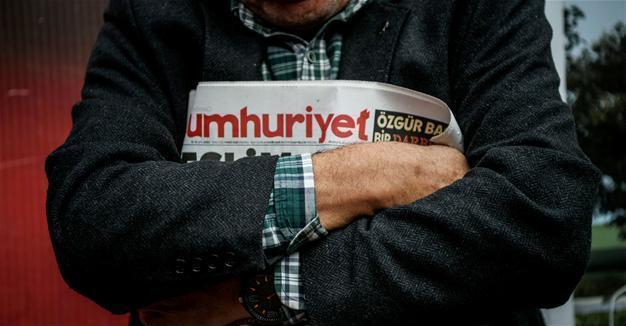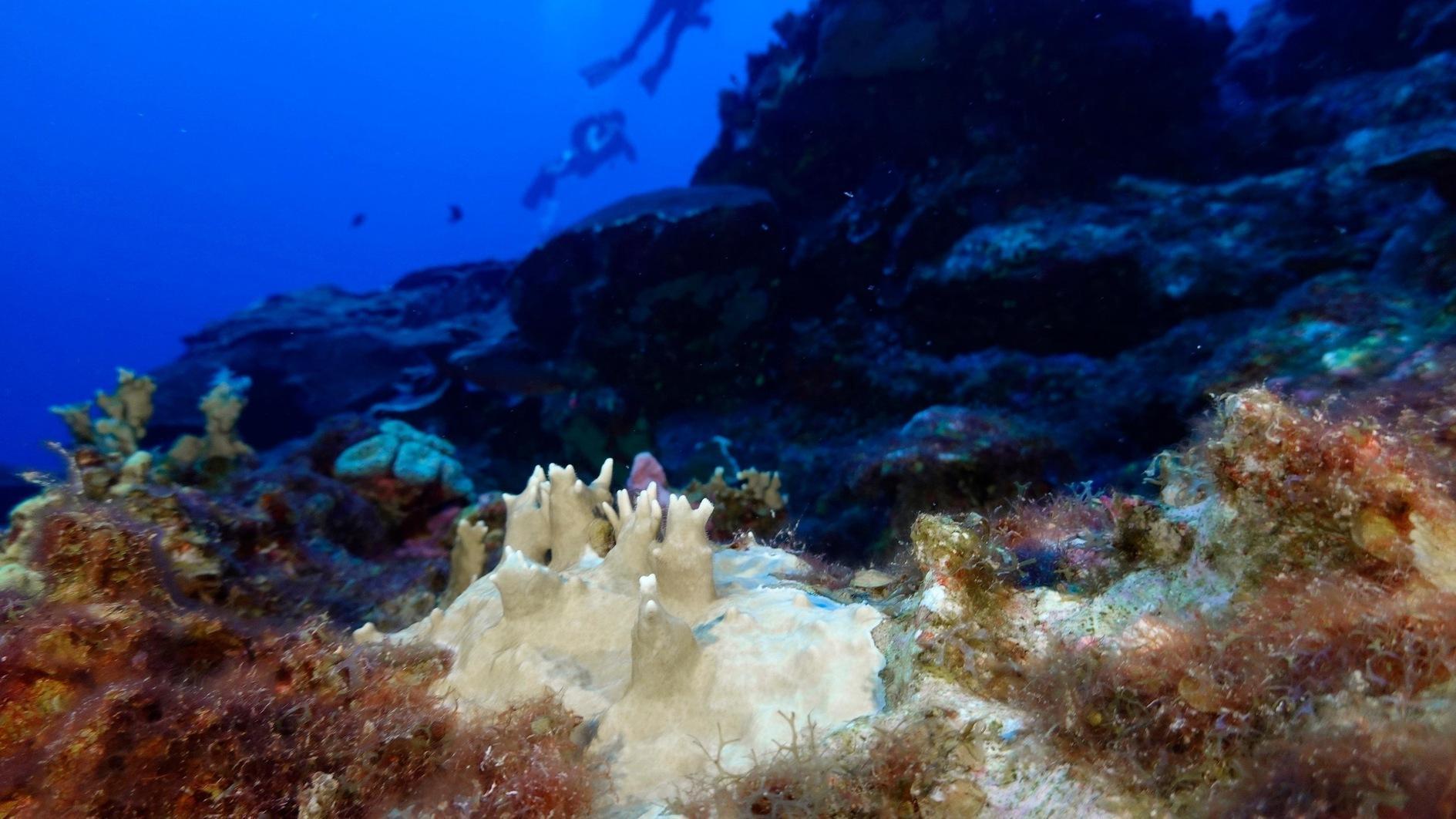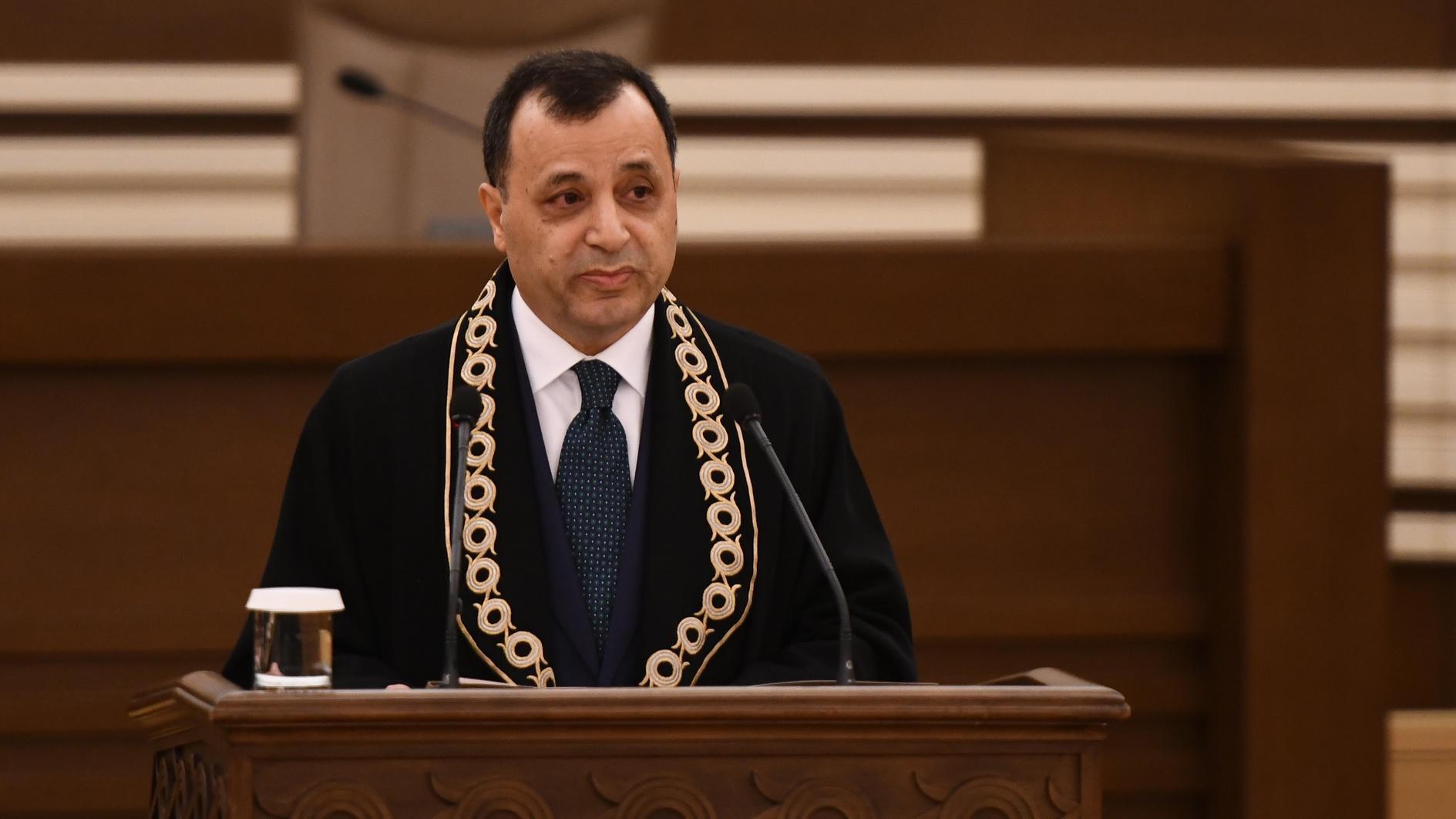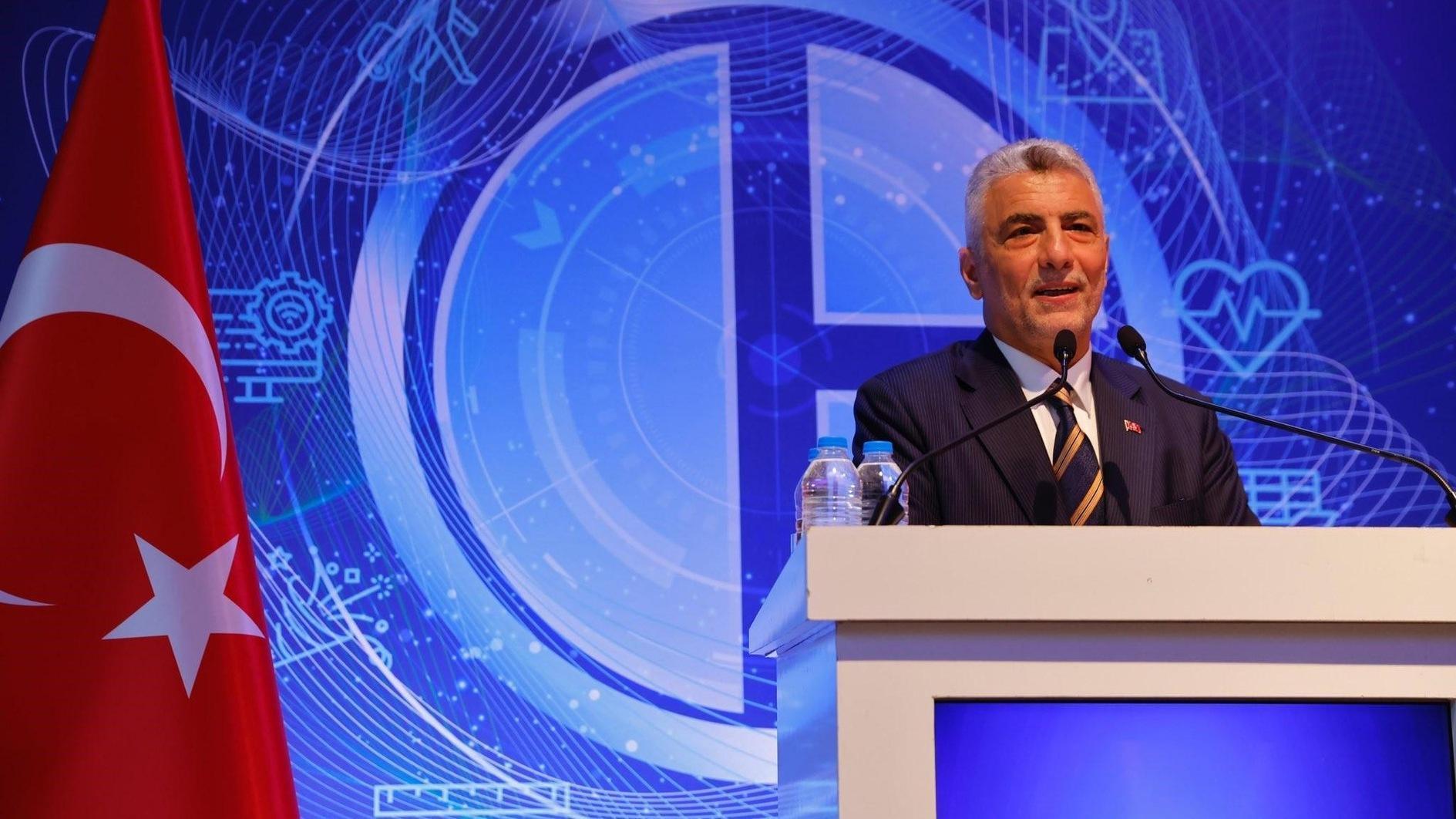Cumhuriyet journalists ‘acted with Gülenists,’ claims prosecutor
ISTANBUL

AFP Photo
Turkish daily Cumhuriyet, which saw a wave of detentions targeting executives and columnists early on Oct. 31, has published reports aimed at “stirring public disorder in line with the aims of the Fethullahist Terror Organization (FETÖ),” according to the probe’s prosecutor.According to the Istanbul Chief Public Prosecutor’s Office’s probe, Cumhuriyet is accused of “committing crimes on behalf of FETÖ and the outlawed Kurdistan Workers’ Party [PKK] without being a member,” aiming to “conceal the truth with manipulation and publish stories that aimed to make Turkey ungovernable.”
The prosecutor noted that Cumhuriyet was the target of the Gülenists during the Ergenekon coup plot case, but after the December 2013 probes Ergenekon’s prosecutors were involved in daily meetings with Cumhuriyet’s then editor-in-chief Can Dündar, state-run Anadolu Agency reported on Nov. 1.
The Ergenekon case was a massive probe into hundreds of senior military personnel, journalists and politicians on charges of attempting to stage a coup against the Turkish government. It is widely believed to be a conspiracy plotted by Gülenists.
The December 2013 corruption cases targeted figures close to the government and resulted in lasting enmity between the Justice and Development Party (AKP) government and the Gülenists.
According to the probe, Cumhuriyet started “publishing articles originating from FETÖ” after the probe cases and became the “public relations” outlet of terrorist organizations.
The charges also include the daily’s articles published after the failed July 15 coup attempt, believed to have been masterminded by the Gülenists. It complained that Cumhuriyet “made the counter-terrorism operations look like wars.”
The prosecutor also claimed that Cumhuriyet described anti-coup demonstrations as being marked by “hatred,” the post-coup attempt suspensions as “purges,” and the “resistance of the people against the coup-plotting soldiers as chaos.”
















